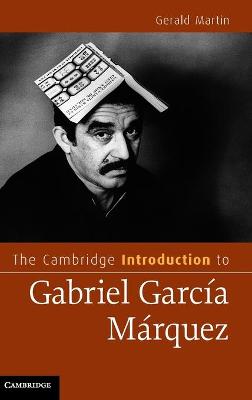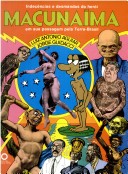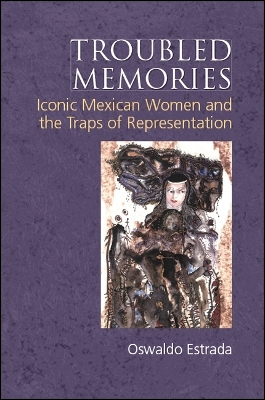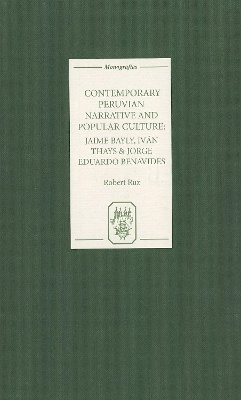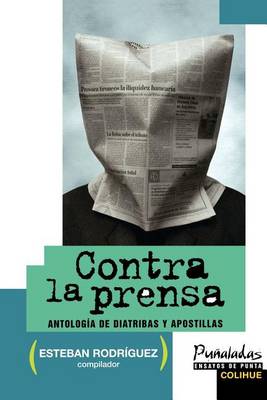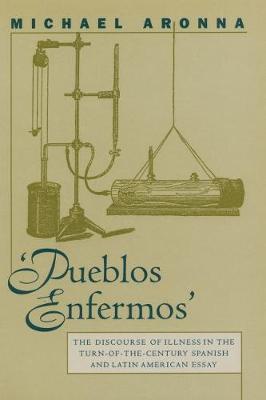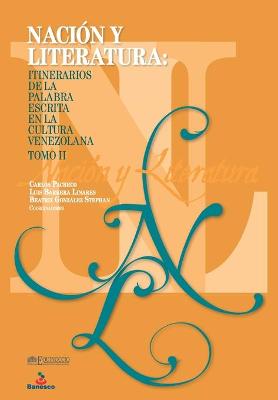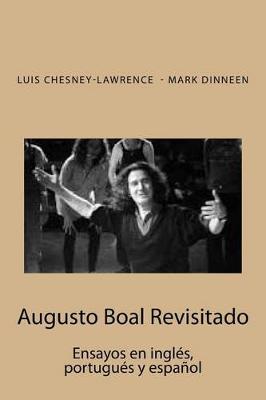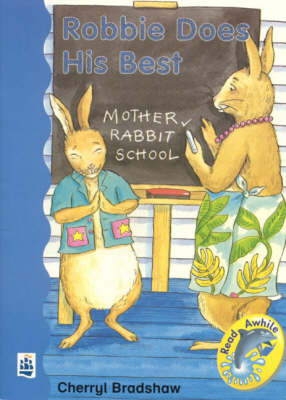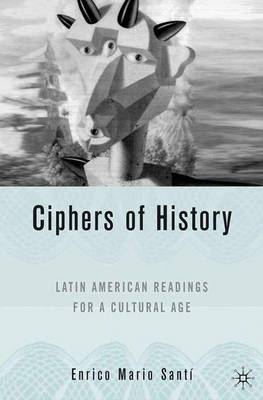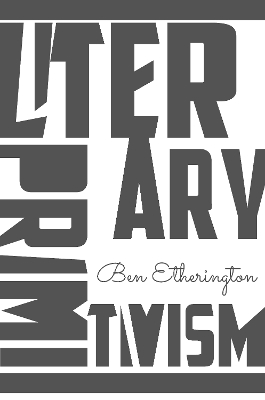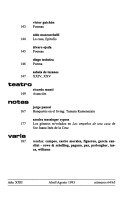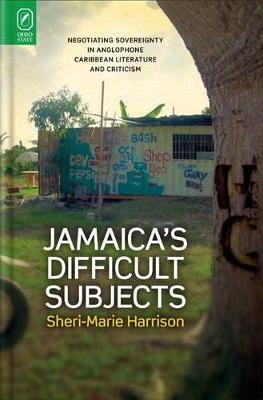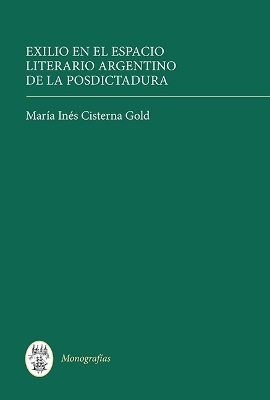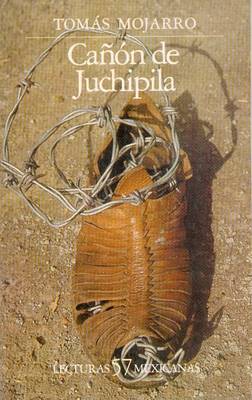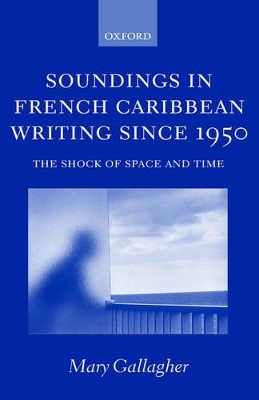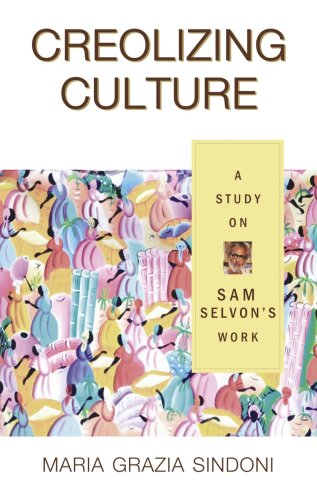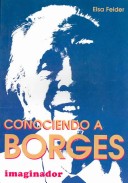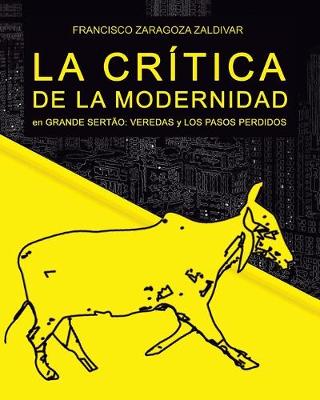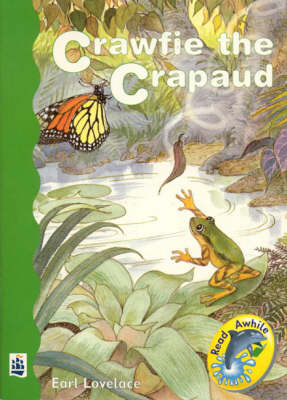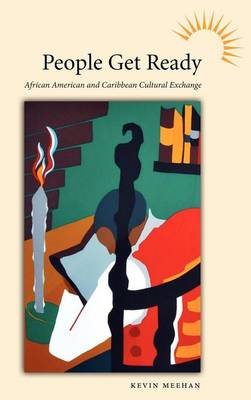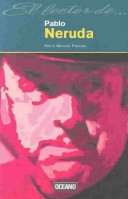The Cambridge Introduction to Gabriel Garcia Marquez (Cambridge Introductions to Literature)
by Gerald Martin
The Colombian Nobel Prize winner, Gabriel Garcia Marquez (b. 1927), wrote two of the great novels of the twentieth century, One Hundred Years of Solitude and Love in the Time of Cholera. As novelist, short story writer and journalist, Garcia Marquez has one of literature's most instantly recognizable styles and since the beginning of his career has explored a consistent set of themes, revolving around the relationship between power and love. His novels exemplify the transition between modernist...
Troubled Memories (SUNY series, Genders in the Global South)
by Oswaldo Estrada
Contemporary Peruvian Narrative and Popular Culture (Coleccion Tamesis. Serie A, Monografias)
by Robert Ruz
This book provides the first look at the dynamic resurgence of Peruvian narrative since the late 1990s. Talk-show host Jaime Bayly's seven novels have scandalized Lima's society with their treatment of homosexuality and haveattracted record sales throughout the Spanish-speaking world with their exciting re-creation of Lima slang and focus on McOndo themes. University lecturer Ivan Thays has vigorously opposed this light narrative by providinga "high" cultural alternative. His three novels have...
Contra La Prensa: Antologia De Diatribas y Apostillas
by Esteban Rodriguez
Pueblos Enfermos (North Carolina Studies in the Romance Languages and Literatures)
by Michael Aronna
This book investigates three examples of the turn-of-the-century essay in Spain and Latin America: Angel Ganivet's Idearium espanol (1897), Jose Enrique Rodo's Ariel (1900), and Alcides Arguedas's Pueblo enfermo (1909). Michael Aronna traces the reactions of these historically and rhetorically related colonial and postcolonial thinkers to the new economic, cultural, social, and political challenges of the late nineteenth and early twentieth centuries. He shows how concepts of sexual degeneration...
NACION Y LITERATURA. Itinerarios de la palabra escrita en la cultura venezolana
by Luis Barrera Linares, Beatriz Gonzalez Stephan, and Carlos Pacheco
Robbie the rabbit is worried about a spelling test. So he pretends to be too ill to go to school. A visit to the doctor soon persuades him that there are worse things than spelling tests. Robbie learns that a rabbit can't do better than try his best.Read Awhile is a series of graded stories and non-fiction texts that have been specially written for young children in the Caribbean. Read Awhile books also contain questions, activities and other materials designed to improve children's reading skil...
Gathered in one volume are seven of the best essays written in the last fifteen years or so by the eminent Latin Americanist Enrico Mario Santi. The essays cover a wide range of topics in Latin American poetry, narrative, film, and intellectual history and also explore Spanish Peninsular subject-matter: the Spanish Generation of 98's response to Spain's loss of Cuba in the Spanish-American War of 1898. The essays are introduced by a long text in which the author develops a bracing critique of so...
This book fundamentally rethinks a pervasive and controversial concept in literary criticism and the history of ideas. Primitivism has long been accepted as a transhistorical tendency of the "civilized" to idealize that primitive condition against which they define themselves. In the modern era, this has been a matter of the "West" projecting its primitivist fantasies onto non-Western "others." Arguing instead that primitivism was an aesthetic mode produced in reaction to the apotheosis of Europ...
Exilio en el espacio literario argentino de la posdictadura
by Maria Ines Cisterna Gold
Este libro propone una relectura critica de la relacion entre los conceptos de nacionalismo y exilio durante el periodo inmediatamente posterior a la dictadura argentina (1976-1983) conocido tambien como la posdictadura. A partir de un analisis de los debates ideologicos del campo intelectual de los anos 80 en el Rio de la Plata, la autora postula que la literatura de exilio mas que una escritura particular de dicha epoca, forma parte de una tradicion literaria mucho mas amplia y compleja que me...
Marvelous Sketchbook (123 Shades of Sketch & Design, #1)
by Roselyn Connson
Over the second half of the twentieth century, a substantial flow of writing emerged from the French-held Caribbean. Much of this work is both theoretically knowing and poetically potent and has attracted international attention to the literary resonances of the uniquely complex geo-historical situation of the Caribbean, and indeed of the Americas in general. Much of its passion, pertinence, and appeal inheres in its approach to time and to space, an approach still reverberating with the shock o...
La critica de la modernidad en Grande Sertao
by Francisco Zaragoza Zaldivar
Crawfie the crapaud loves to sing and swim. He also loves to play. One day, everyone is too busy to play with him, so Crawfie hops off in search of adventure. He has so much fun he forgets all about choir practice that evening with his froggy friends and family.Read Awhile is a series of graded stories and non-fiction texts that have been specially written for young readers in the Caribbean. Read Awhile books also contain questions, activities and other materials designed to improve children's r...
Runner-up for the 2014 Publication Prize awarded by the Association of Hispanists of Great Britain and Ireland This book presents an original historiography on fifty years of Uruguayan cinema. It is the first English language academic book in which Uruguay becomes a case study to reflect upon broader interests of both Film and Latin American Studies, such as the conditions of film archives, the many materialities of film, the relationshipbetween film and politics, and the ways in which films...
People Get Ready (Understanding Health and Sickness) (Caribbean Studies)
by Kevin Meehan
Throughout this book, Kevin Meehan offers historical and theoretical readings of Caribbean and African American interaction from the 1700s to the present. By analyzing travel narratives, histories, creative collaborations, and political exchanges, he traces the development of African American/Caribbean dialogue through the lives and works of four key individuals: historian Arthur Schomburg, writer/archivist Zora Neale Hurston, poet Jayne Cortez, and politican Jean-Bertrand Aristide. People Get...
